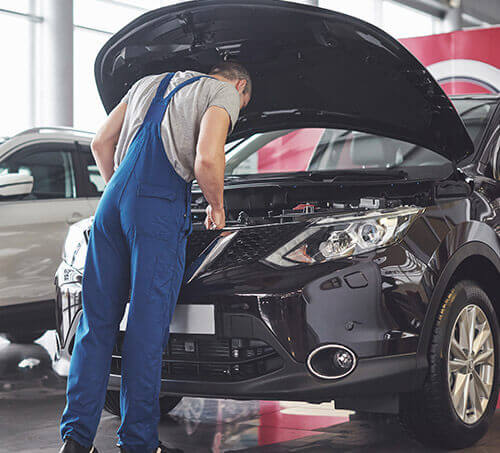Typical Clutch Issues
The truth about auto repair, which includes clutch shops, is that nobody can tell you with certainty what’s wrong with your car until they examine it. Our team ensures accuracy and integrity by using the TrueTest inspection process. However, we’re happy to share a few ideas about potential clutch issues for any owner (not specific to your car).
Cause of Clutch Wearing Out Over Time:
When the clutch gives out over time, a bent linkage or a stretched cable are often the underlying causes. As opposed to the condition of the clutch not disengaging, yours may fail to engage or slip once it does. A bad bearing, bent linkage, damaged cable, or bad pressure or friction plate could be to blame for engagement failure.
Cause of Sudden Clutch Failure:
If the clutch goes out suddenly, you may be the victim of leaking fluid, a cable or linkage that broke or came loose, a poorly fitting bearing at the pressure plate, or a contaminated disc.
Cause of Clutch Slipping:
If the clutch is slipping, the condition could result from plate glazing, plate wear, leaking fluids, or simply the need for adjustment. You may experience other clutch-related symptoms, too.
Cause of Chattering:
Chattering often comes from worn clutch components or blazing, burning, or oiling of surfaces. If you hear squealing as you use the clutch pedal, the culprit could be the pressure plate or its related working parts. A rattle points to improper engine idling, a loose fork, or worn components.
Cause of Clutch Pedal Not Returning:
If the clutch pedal won’t return, considerations include the pressure plate, cable, or spring.
Cause of Stiff Clutch Pedal:
In contrast, the need for cable and linkage service, an ailing cylinder, an imperfect pressure plate, or a failing bearing may account for your need to put a lot of physical effort into making the clutch work.

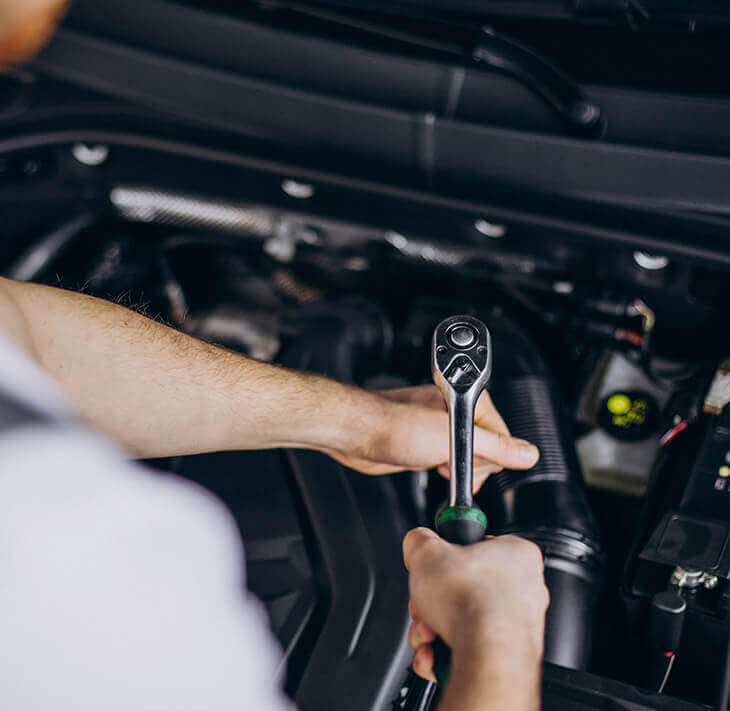

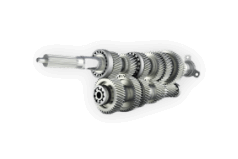
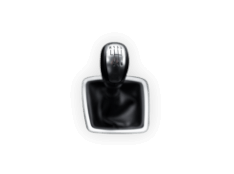
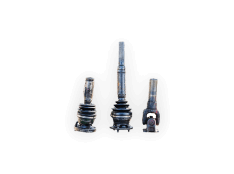
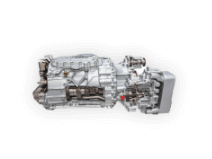
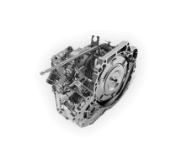
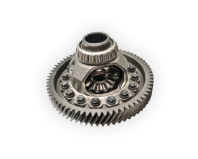
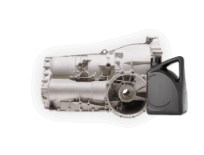

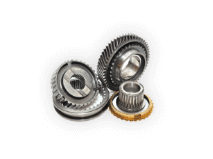
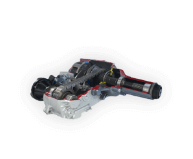
 Free Customer Towing Service
Free Customer Towing Service  Free TrueTest™ Inspection
Free TrueTest™ Inspection  Fast Transmission Services
Fast Transmission Services  Comprehensive Warranty in Denver
Comprehensive Warranty in Denver 


















